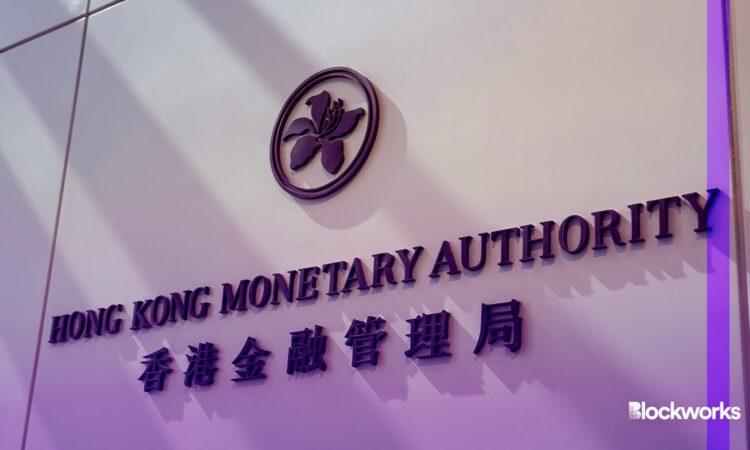
As investors in the US continue to speculate on the timeline for bitcoin ETF approval, Hong Kong is moving ahead with a regulatory framework for these investment vehicles.
The Hong Kong Securities and Futures Commission (SFC) issued a joint circular with the city’s Monetary Authority earlier this month. This release detailed the requirements under which the securities regulator would greenlight ETFs with more than 10% of holdings in crypto.
The regulators noted in the circular that globally, the digital asset investment vehicle “landscape has been evolving rapidly,” and demand for such products has increased in Hong Kong.
Spot crypto investment products should meet the same requirements Hong Kong regulators have for mutual funds and other structured investment products, the circular stated.
Product issuers should also have a “good track record of regulatory compliance,” the SFC added, and employ “at least one competent staff member with relevant experience in the management of [virtual assets] or related products.” The regulators will also establish a list of permitted tokens that funds are allowed to hold, which are also available for spot trading on Hong Kong-approved crypto exchanges.
Products are not permitted to have leveraged exposure and issuers must work with approved exchanges to trade and purchase assets, the SFC said.
The requirements come as Hong Kong continues to increase its regulatory presence over the crypto industry. In October 2022, the SFC started reviewing applications for futures crypto ETFs, which the US Securities and Exchange Commission first approved the year prior.
Hong Kong launched its licensing program for crypto exchanges in June 2023, “enabling Hong Kong investors to directly access large-cap spot [virtual assets.],” the regulator said.
The product guidelines also come months after the SFC and the Hong Kong Monetary Authority upped their regulatory requirements to make some virtual currency offerings only available to professional investors. The requirements made overseas crypto exchange-traded funds inaccessible to typical retail investors.
The changes were part of an attempt by authorities to address the fallout from Hong Kong-based crypto exchange JPEX, which was embroiled in a $200 million scandal after luring investors with promises of returns as high as 20%. The platform ceased withdrawals amid regulatory warnings, leaving many, including those who invested life savings, in dire straits.
Don’t miss the next big story – join our free daily newsletter.






